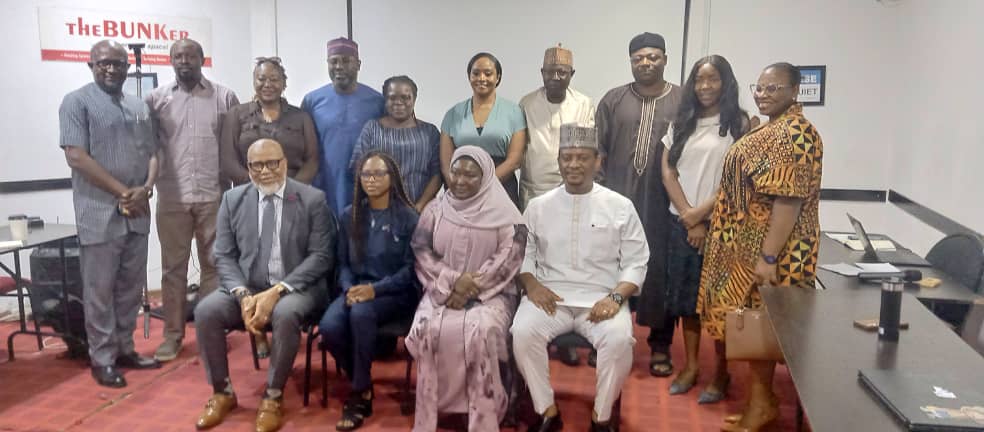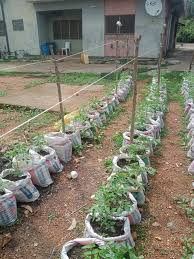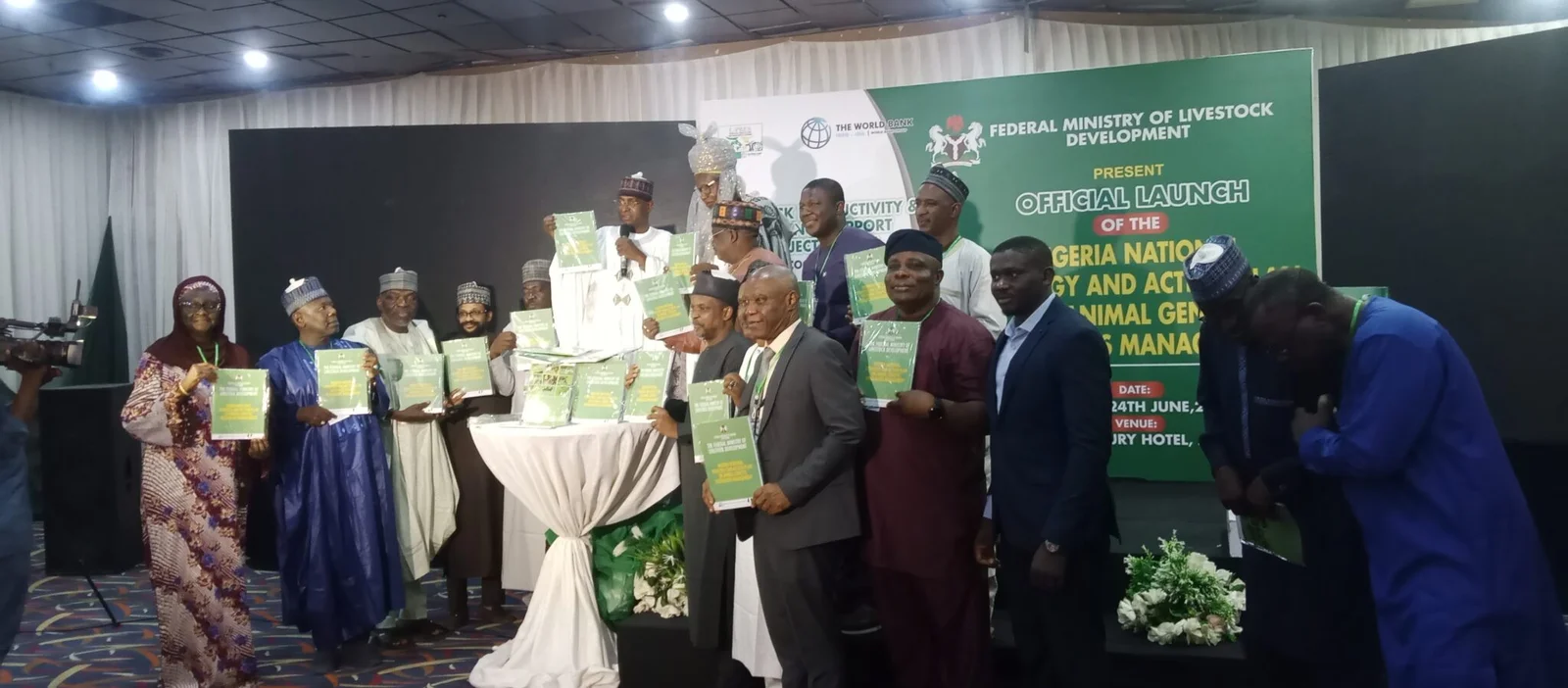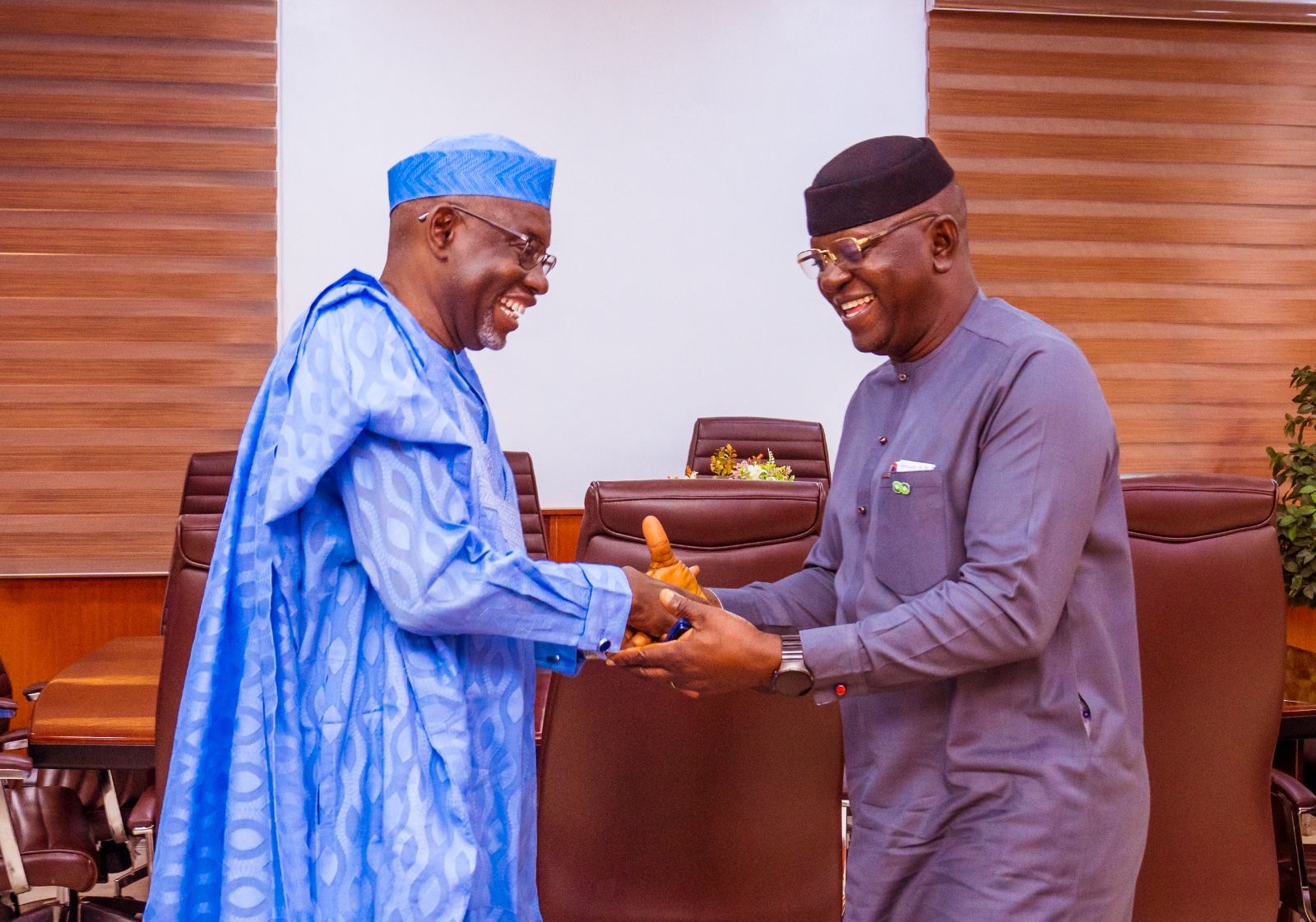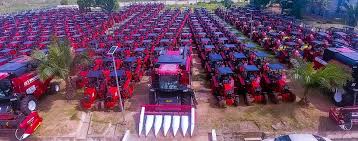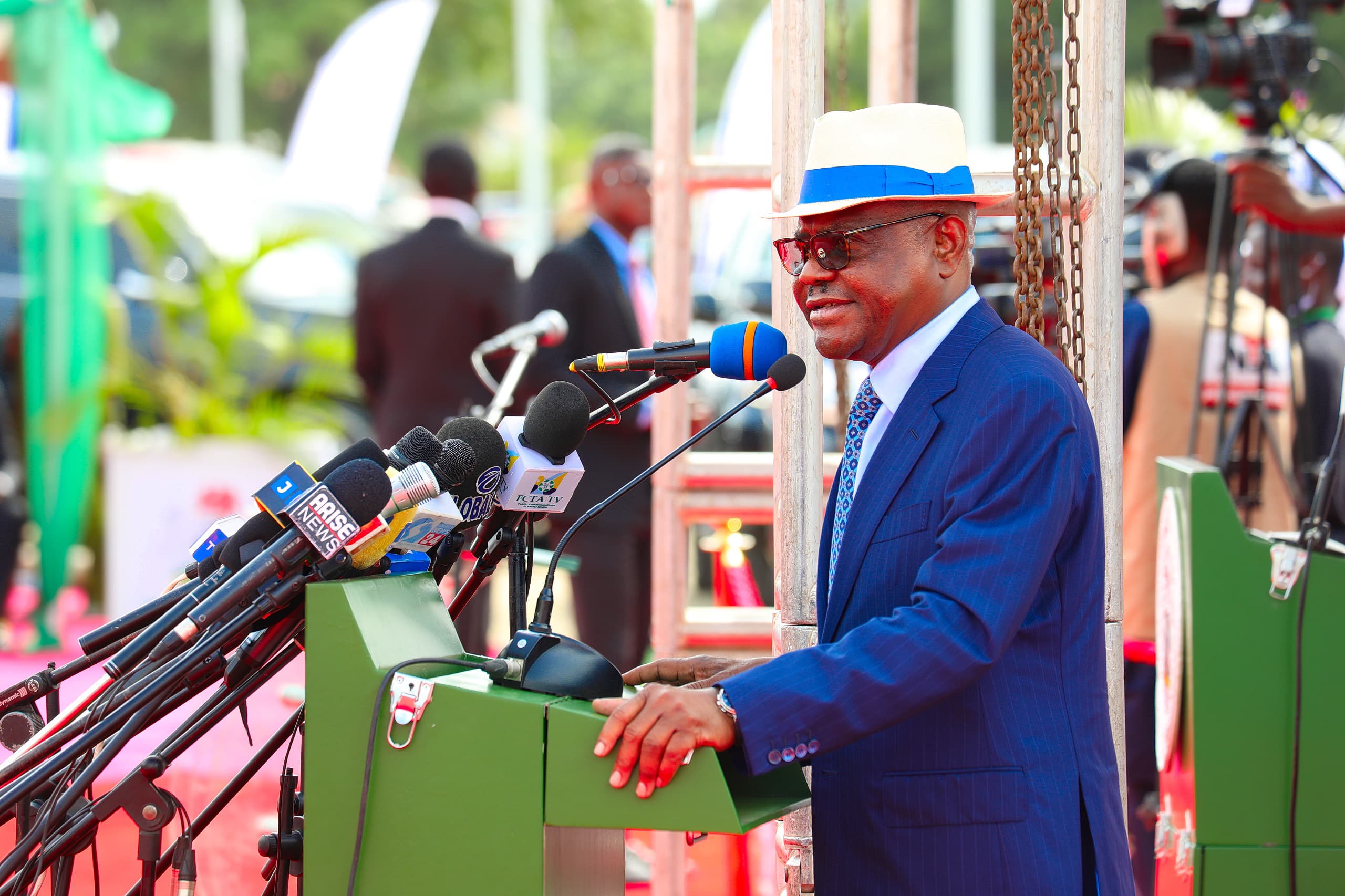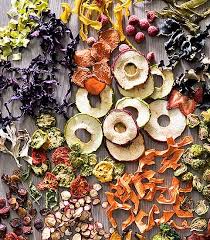FG empowers women, special needs farmers to boost food security
By Olatunde Ajayi
The Federal Ministry of Agriculture and Food Security (FMAFS) on Friday empowered 60 small scale women farmers and people with special needs on sack farming and home gardening with farm tools and seedlings.
The Permanent Secretary, FMAFS, Dr Marcus Ogunbiyi, stated this during a one-day workshop and sensitisation programme for selected women across the South-West Zone in Ibadan.
Represented by the FMAFS South-West Zonal Coordinator, Mrs Temitayo Alao, Ogunbiyi said that sack farming and home gardening innovative approaches could revolutionise food production level in Nigeria.
He noted that the method required minimal space, making it ideal for urban and rural dwellers alike.
“By adopting this practice, people will not only improve household food security but also contribute to the nation’s food sufficiency.
“Women are the backbone of our agricultural sector and their participation is essential to our success. Similarly, we recognise the importance of inclusivity of people with special needs.
“With passion and dedication toward sack farming and home gardening, we can build a sovereign agricultural nation, where we plant what we eat and eat what we plant,” he said.
Also, the Director of Special Duties, FMAFS, Mrs Zara Kachallah, said the initiative aligned with the ministry’s commitment to promoting inclusive agricultural development.
Kachallah added that the training was in line with the Sen. Oluremi Tinubu’s pet project: “Every Home a Garden” and Renewed Hope Initiative for Women Agricultural Support Programme aimed at empowering rural women and people with special needs with essential skills.
The workshop facilitator, Dr Perpetual Iyere-Usiahon, described sustainable home gardening as an eco-friendly farming approach that promotes food security and biodiversity while preserving the environment and natural resources.
“The approach benefits both the environment and the individuals involved by providing fresh produce, fostering a connection with nature, and reducing reliance on external resources,” she said.
Similarly, the State Director, FMAFS, Mr Oluwatoyin Adefesobi, said the workshop was another means deployed by the ministry to empower rural women across various communities.
Adefesobi emphasised the potential of home gardening and sack farming to improve food security, empower marginalised groups and transform the nation’s agricultural landscape.
A participant, Mrs Kehinde Babalola from Ogun State, said the workshop had exposed her to improved and innovative ways of getting bumper harvest from home gardening and sack farming.
The News Agency of Nigeria (NAN) reports that the participants drawn from each six states in the South-West Zone also received a starter pack which contained hand shovel, seedlings and other farm tools. (NAN) (www.nannews.ng)
Edited by Maureen Ojinaka/Chinyere Joel-Nwokeoma




